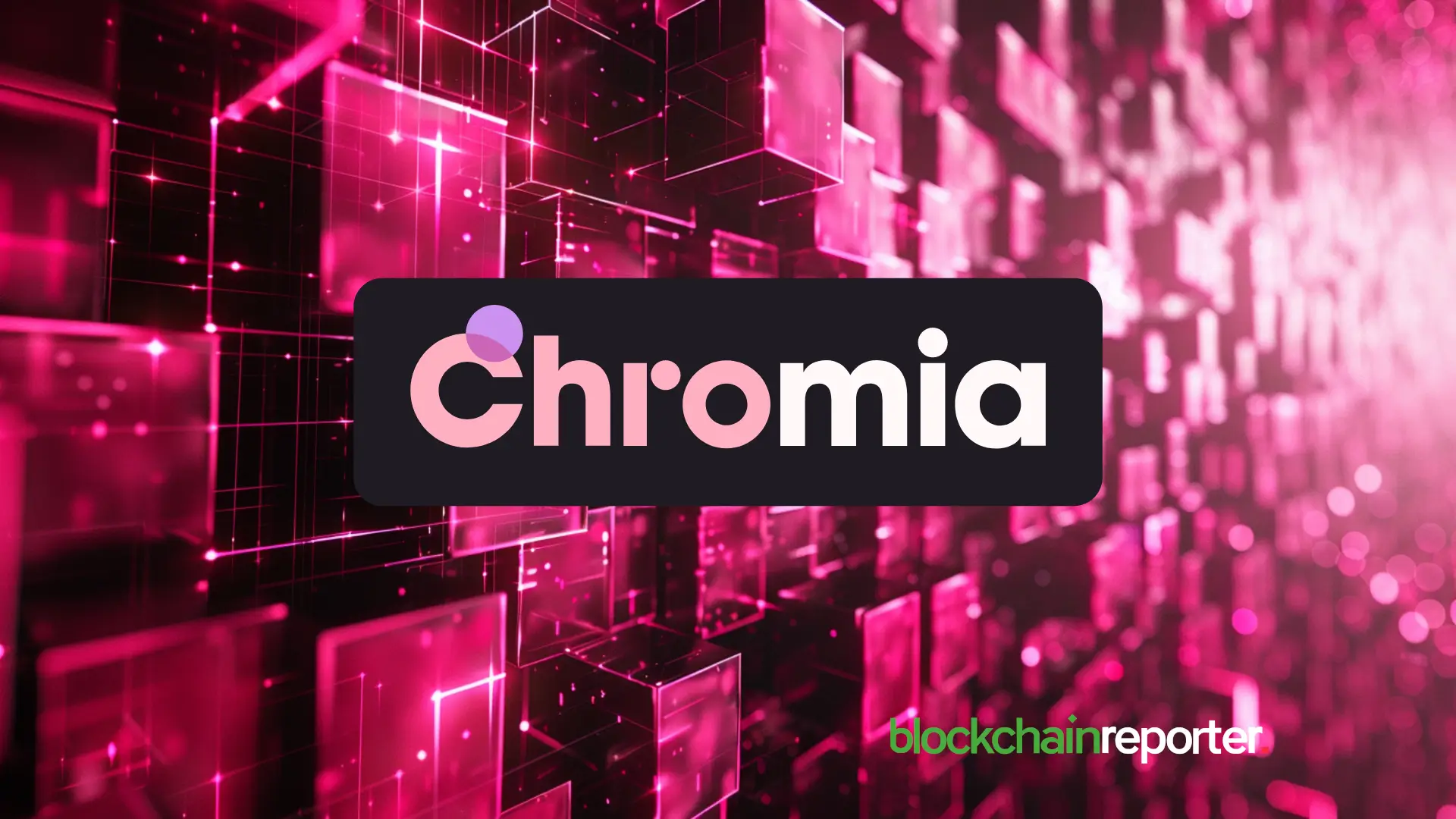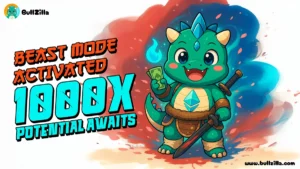
Chromia, an L1 relational blockchain forum that utilizes a modular agenda, has recently announced its plan for an exclusive launch. As per the platform, it intends to release the relational blockchain ecosystem called MVP Mainnet on July 16th to denote the local CHR token’s genesis. In addition to this, the endeavor will also strengthen the Chromia network’s foundations.
Chromia Schedules July 16 as the Date for the Release of Its MVP Mainnet
The company added that this will enable the bridging of the present CHR token to the MVP Mainnet. Previously, the issuance of the respective token was carried out as ERC-20 and BEP-20 on Ethereum along with BNB Chain. The MVP Mainnet additionally takes into account the staking delegation procedure, provider payouts, and reimbursement of charges for network hosting.
This paves the way for a blockchain that provides an enhanced user experience apart from maintaining the decentralized and permissionless nature. For instance, consumers can commence using dApps without even possessing crypto assets. Chromia has reportedly obtained a significant position in the market. It reportedly collected up to $12 million via public IEO and private sales in 2019.
Along with that, the platform delivers solutions concerning several use cases like gaming, NFTs, RWAs, and DePIN. The relational blockchain of the platform is an exclusive blockchain that takes into account structured statistics in connected relational tables. Chromia’s founders Henrik Hjelte and Alex Mizrahi had prominent roles since the start of the industry. They reportedly co-founded one of the earliest Bitcoin wallets. Moreover, they wrote colored tokens whitepapers and so on.
The Project Offers Staking Delegation Procedure, Provider Payouts, and Network Hosting Charges Payment
With the launch of MVP Mainnet, it will begin the CHR token’s core functions. They play an integral role in the security and operations of the network. They take into account recompensing network hosting charges and provider payouts. The MVP Mainnet will tackle all these things. Henrik Hjelte stated that they realized the potential of relational databases’ integration with blockchain. This inspired the establishment of Chromia.
He added that follow some years, the relational blockchain’s idea has translated into reality. Additionally, Alex Mizrahi mentioned that Chromia joins blockchain architecture as well as the concepts from database theory and cloud computing. According to him, this offers a complete spectrum of instruments required for improved user experience.










